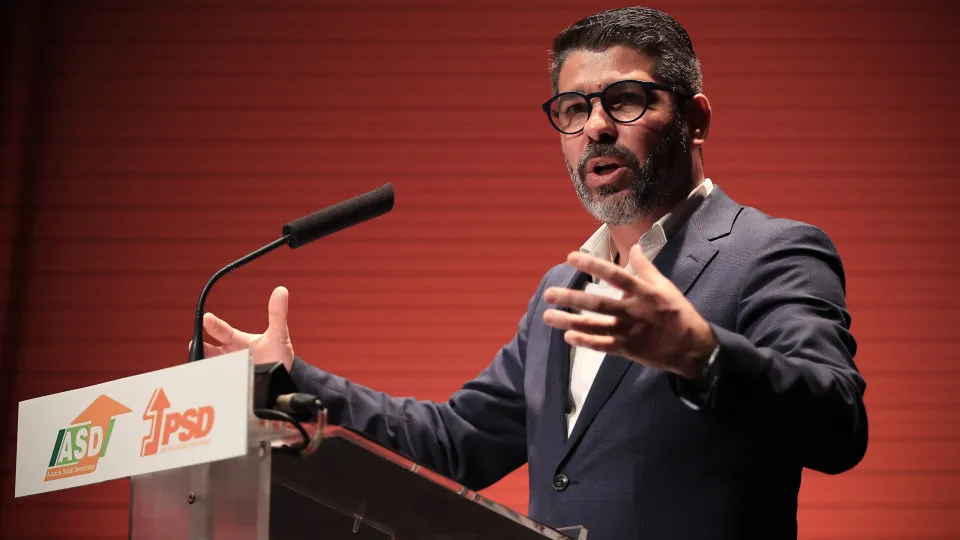
The profile emerges from the preliminary data of a survey conducted by the Medical Association, revealing that the average age of physicians is 51.2 years, with 71% working in the public sector and 25% in the private sector.
The National Health Service (SNS) is the primary employer of the medical profession, where 82.5% are specialists, working an average of 45 hours per week, with a maximum of 80 hours.
The survey indicates that 43.8% of doctors work on a service provision basis, with 74.3% combining this with a link to the SNS or the private sector.
About one in four doctors (25.6%) are solely dedicated to service provision, mostly over 60 years old, possibly using this regime as a retirement supplement.
A physician affiliated with the SNS earns a net monthly income of 3,966 euros, with a median of 3,500 euros, figures “considerably below European standards,” according to the survey, noting that service providers are the highest earners.
It is with this profile of a “highly qualified, committed to public service, but facing work and bureaucratic overload, unequal incomes, and growing dependency on service provision” that the Medical Association is holding its 28th National Congress in Coimbra.
“This congress is based on contributing to the SNS and health in Portugal,” said Carlos Cortes, the head of the Medical Association, emphasizing that it also marks the start of the forum “A Direction for Health,” which will travel across all districts in coming months to present solutions for the sector.
According to Carlos Cortes, the preliminary survey results, which depict an “older medical profession,” will change rapidly as more doctors are entering the profession.
“We have about two thousand doctors registering with the association annually,” he noted, adding that after a “troubling hiatus” in recent years, a generational renewal is occurring within the profession.
Carlos Cortes highlighted that the survey showed about 44% of doctors who also provide services have contracts with the SNS.
“This is very important for the political authorities,” stated the head, who believes these figures are “crucial for the decisions that the Ministry of Health will have to make,” to understand that “these doctors help sustain the entire SNS, particularly peripheral hospitals with more significant challenges in attracting human resources.”
The survey was conducted online from October 1 to November 2 this year, with 3,291 validated responses and a margin of error below 2%.




